When you buy your first home, there are a lot of financial decisions to make. For instance, you’ll need to determine how much you can actually afford to spend on a home and whether you’ll need financial assistance. Since this is likely one of the most substantial purchases you’ll ever make, you’ll need to devote a lot of time and energy into figuring out how you’ll afford it.
Ultimately, this doesn’t only come down to finding the right property; it also comes down to finding the right mortgage rates and arrangements for your situation. Working with experienced mortgage lenders can put your mind at ease, but it’s also essential to educate yourself on this subject so you’ll feel prepared well ahead of time. Part of that is being able to discern fact from fiction. After all, there are a lot of misconceptions about mortgages that would-be homeowners assume are true. We’re setting the record straight on three pervasive misconceptions about mortgages in today’s post to help you get started.
MISCONCEPTION: You Have to Put 20% Down
Truth: A lot of people are under the impression that your downpayment needs to be large (e.g., 10%, 15%, or 20%) to qualify for a mortgage. While it’s a fact that your monthly payments will be lower if you’ve put down a larger payment up front, that might not be a feasible or wise choice for everyone.
Although the average mortgage down payment was $12,829 in 2017, not everyone has access to $10,000 or $20,000 for this purpose. Some mortgage lenders may require a larger down payment, but there are other options (like FHA-backed loans or VA-backed loans) that might allow you to put down significantly less and still qualify. There are likely far more ways to qualify for a mortgage than you would have thought, making home ownership a possibility for lots of families.
MISCONCEPTION: Fixed Rate Mortgages Are Always Better
Truth: A decade ago, most home buyers opted for fixed rate mortgages. Both mortgage lenders and homeowners felt this was a welcome solution at that time (in the midst of the financial crisis), as the rates could never change. But the rates are also higher when you choose these types of loans.
In some cases, adjustable rate mortgages may be a preferable option. If you’re planning on owning this new house for less than ten years, you may be able to save a lot more per month by having an adjustable rate mortgage. The decision here should be based on how long you expect to stay in the home. When a home is your first but not your forever, you may want to consider going with an adjustable rate rather than being locked in with higher payments.
MISCONCEPTION: There’s No Difference Between Being Pre-Qualified and Pre-Approved
Truth: As a potential homeowner, you might be under the assumption that being pre-qualified for a mortgage and being pre-approved for a mortgage are two terms that mean the same thing. Not so. They’re actually quite different.
Being pre-qualified for a mortgage essentially means that you’ve spoken to mortgage lenders and are ready for the application process. Your lender may have estimated how much you might qualify for after you’ve provided them with some basic information. It’s very informal and non-official, which means it won’t hold a lot of weight when you’re house hunting.
Being pre-approved, on the other hand, means that you’ve given your lender all the pertinent documents, that they’ve run your credit check, that they’ve verified your assets and income, and that everything has been submitted to the underwriter. Your lender will agree to grant you a mortgage up to the pre-approved amount, though final approval will come later. Being pre-approved puts you in a stronger position to put in an offer on a home.
We hope that clearing up these misconceptions will help you when it comes time to meet with a mortgage lender. The more prepared you are, the less overwhelmed you’ll feel — and the better decisions you’ll make.



